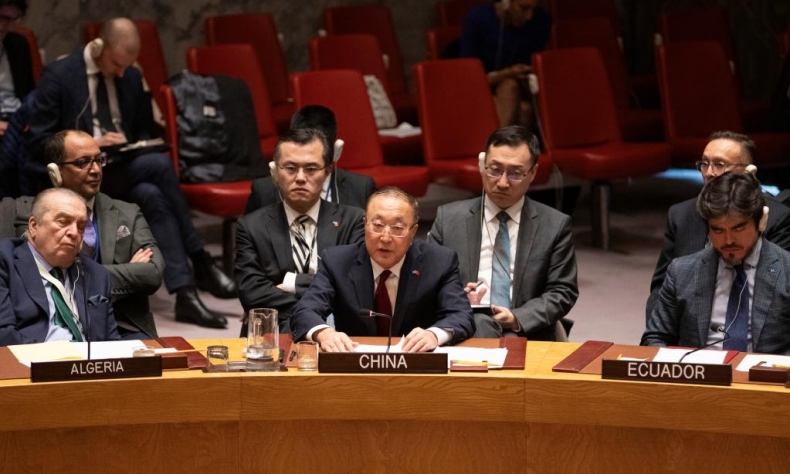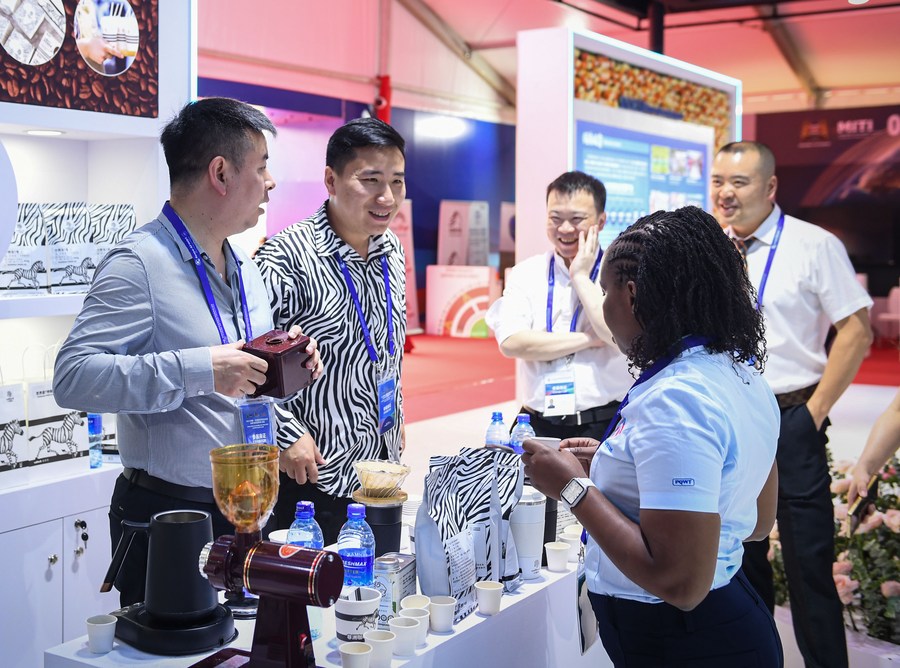A Rebalancing Role

As the geopolitical landscape continues to evolve, China’s role is likely to shape the contours of the new epoch in international diplomacy, offering alternative visions of cooperation and governance in an interconnected world.
China’s evolving role in global affairs presents a narrative of progressive engagement, marked by a proactive stance on issues of trust, fairness, peace and stability. The country’s emergence as a significant player on the world stage is characterised not merely by economic prowess, but also by a growing commitment to mediating conflicts, fostering cooperation, and promoting mutual development. China’s burgeoning influence through various diplomatic initiatives and engagements has implications for the contemporary international order.
At the heart of China’s approach lies a recognition of the importance of political stability and a people-centred development model. Drawing from its rich history, China positions itself as a trusted mediator and guide in international affairs. Recent events, such as the meeting between Palestinian factions in Beijing in late April and the mediation efforts between Iran and Saudi Arabia in March 2023 are indicative of China’s commitment to fostering peace and stability in regions marked by conflict.
By engaging with diverse stakeholders and offering equitable support, China demonstrates a nuanced understanding of the complexities of global challenges. The futility of the 70-year-old conflict has been laid bare and its unfair and unnecessary impact on the world needs to end. The Middle East is not only a strategic location on world trade routes and logistics, but also a land of ancient civilisations which hold great value for humanity in the modern times. The energy resources that are natural to the region should be appreciated for their role in the progression and advancement of humanity.
In Africa, China’s engagement reflects a departure from traditional Western of oppressive practices of aid and intervention which have stripped the recipient countries of their resources, enriching a few and leaving the majority of the population languishing in poverty. Through initiatives like the Forum on China-Africa Cooperation and participation in UN peacekeeping missions, China emphasises cooperation, mutual benefit, and respect for sovereignty. By acknowledging historical grievances and rejecting neo-colonial interference, China presents itself as a partner in Africa’s pursuit of development and self-determination. The Belt and Road Initiative (BRI) further exemplifies China’s commitment to connectivity and shared prosperity.

Xue Bing, special envoy for the Horn of Africa affairs of the Foreign Ministry of China, met with diplomatic envoys from the region in Beijing in March to exchange views on peace, stability and economic development. The special envoy’s role is in line with a call by the African Union to silence the guns on the continent and find solutions through dialogue, diplomacy and cooperation for mutual benefit. The integration of the continent through the African Continental Free Trade Area is rapidly gaining momentum and China’s unwavering support is based on its own policy of further opening up its economy and sharing its experience and expertise with the world through the BRI.
China’s diplomatic outreach extends beyond traditional alliances, as evidenced by President Xi Jinping’s visits to European nations and engagement with the US. Emphasising cultural exchange and cooperation, these visits highlight China’s multilateral foreign policy approach.
Central to China’s evolving narrative is its critique of Western hegemony and advocacy for a multipolar world order. By promoting alternative financial mechanisms, China seeks to rebalance global power dynamics and foster a more equitable distribution of resources. Through innovation and collaboration, China presents itself as a proactive agent of change.
China’s growing influence on the world stage represents a new narrative of trust, fairness, peace, and stability in international relations. As the geopolitical landscape continues to evolve, China’s role is likely to shape the contours of the new epoch in international diplomacy, offering alternative visions of cooperation and governance in an interconnected world.
The author is Director of Diplomatic Society of South Africa.
 Facebook
Facebook
 Twitter
Twitter
 Linkedin
Linkedin
 Google +
Google +










